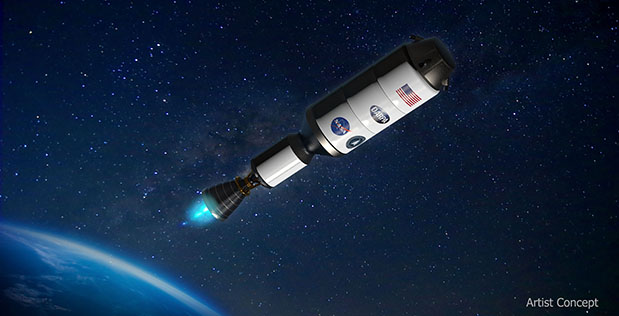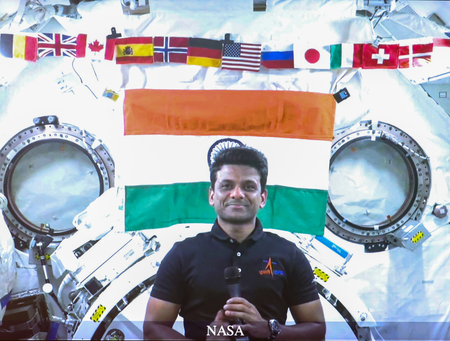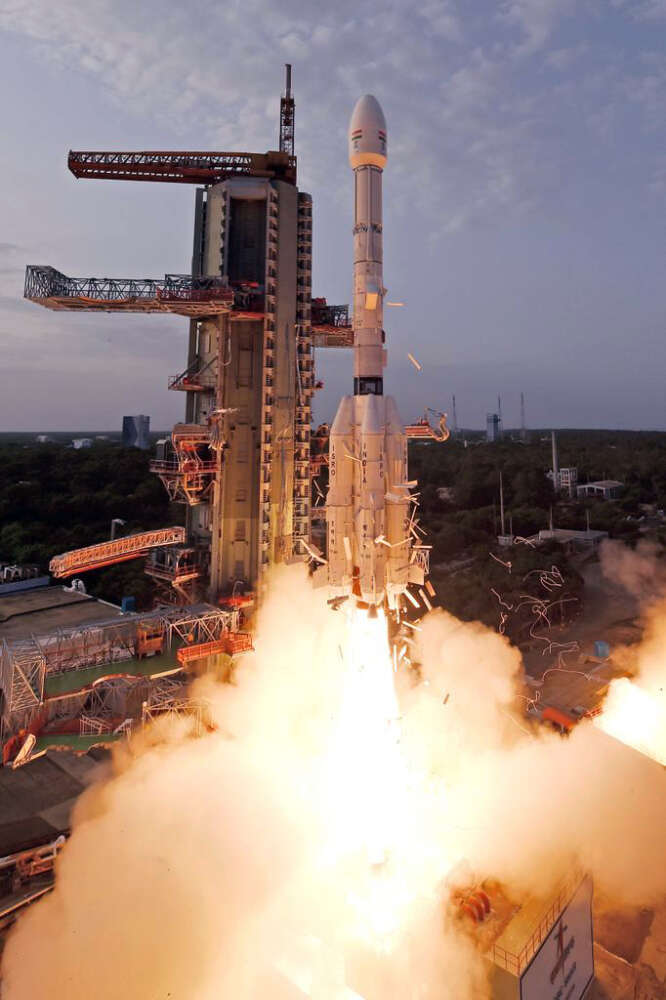NASA and DARPA will partner on the Demonstration Rocket for Agile Cislunar Operations (DRACO) programme..reports Asian Lite News
NASA and the US Defence Advanced Research Projects Agency (DARPA) have announced a collaboration to demonstrate a nuclear thermal rocket engine in space, the key steps for sending the first crewed missions to Mars.
NASA and DARPA will partner on the Demonstration Rocket for Agile Cislunar Operations (DRACO) programme, Xinhua news agency reported.
Using a nuclear thermal rocket allows for faster transit time, reducing risk for astronauts, according to NASA. Reducing transit time is a key component for human missions to Mars, as longer trips require more supplies and more robust systems.
“NASA will work with our long-term partner, DARPA, to develop and demonstrate advanced nuclear thermal propulsion technology as soon as 2027. With the help of this new technology, astronauts could journey to and from deep space faster than ever – a major capability to prepare for crewed missions to Mars,” said NASA Administrator Bill Nelson.
A nuclear thermal rocket engine presents advantages over existing propulsion technologies, such as sending cargo to a new lunar base, humans to Mars, and robotic missions even farther.
NTR propulsion offers a high thrust-to-weight ratio around 10,000x greater than electric propulsion and with two-to-five times greater efficiency than in-space chemical propulsion.
“DARPA and NASA have a long history of fruitful collaboration in advancing technologies for our respective goals, from the Saturn V rocket that took humans to the Moon for the first time to robotic servicing and refueling of satellites,” said Dr. Stefanie Tompkins, director, DARPA.
“The space domain is critical to modern commerce, scientific discovery, and national security. The ability to accomplish leap-ahead advances in space technology through the DRACO nuclear thermal rocket program will be essential for more efficiently and quickly transporting material to the Moon and eventually, people to Mars.”
The U.S. Space Force has signaled its support for DRACO with the intent to provide the launch for the demonstration mission.
“We will conduct several experiments with the reactor at various power levels while in space, sending results back to operators on Earth, before executing the full-power rocket engine test remotely,” said Dr. Tabitha Dodson, DARPA program manager for DRACO. “These tests will inform the approach for future operation of NTR engines in space.”














